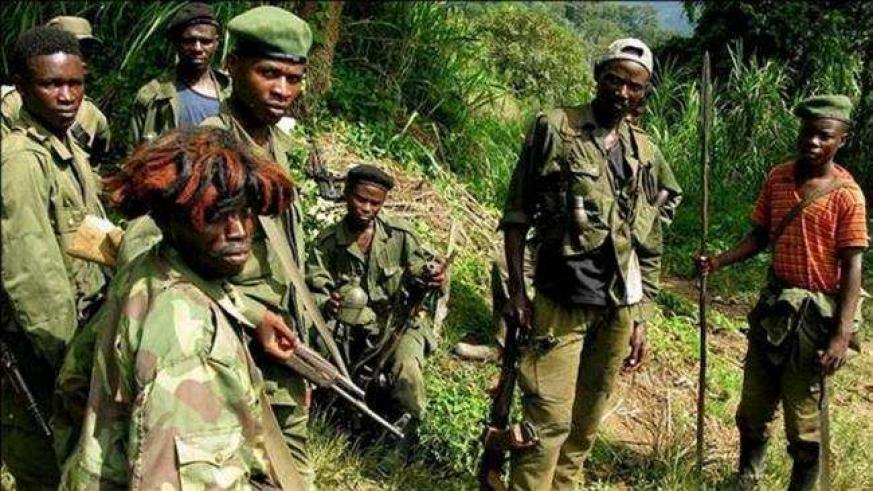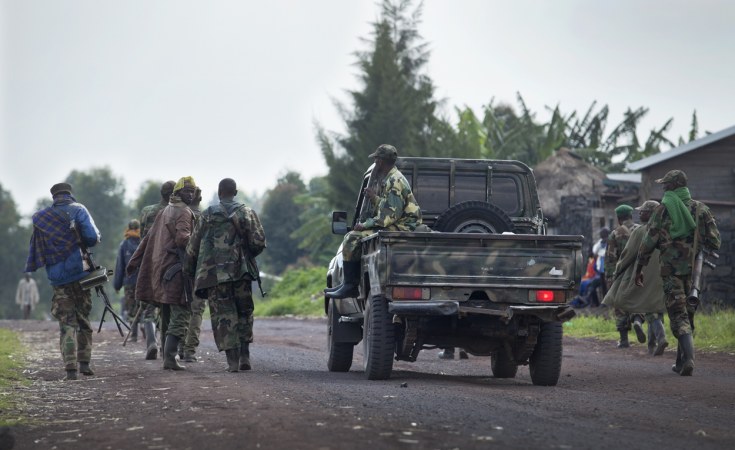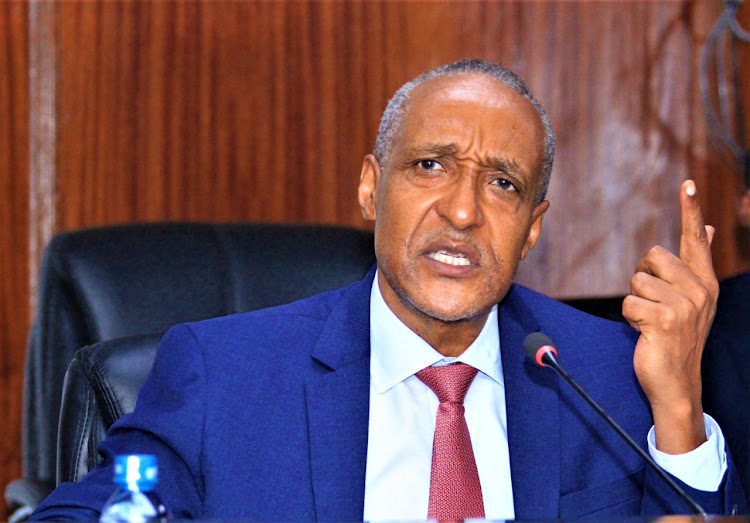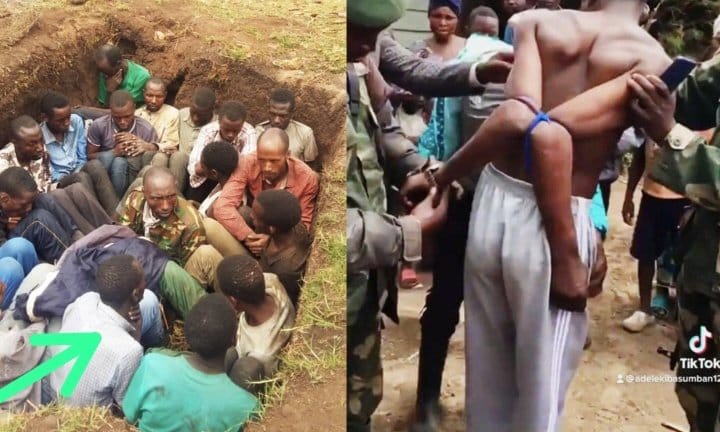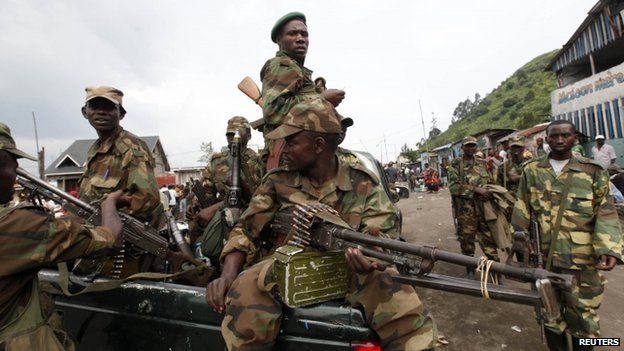Regional
Rwanda Burundi relations on right track
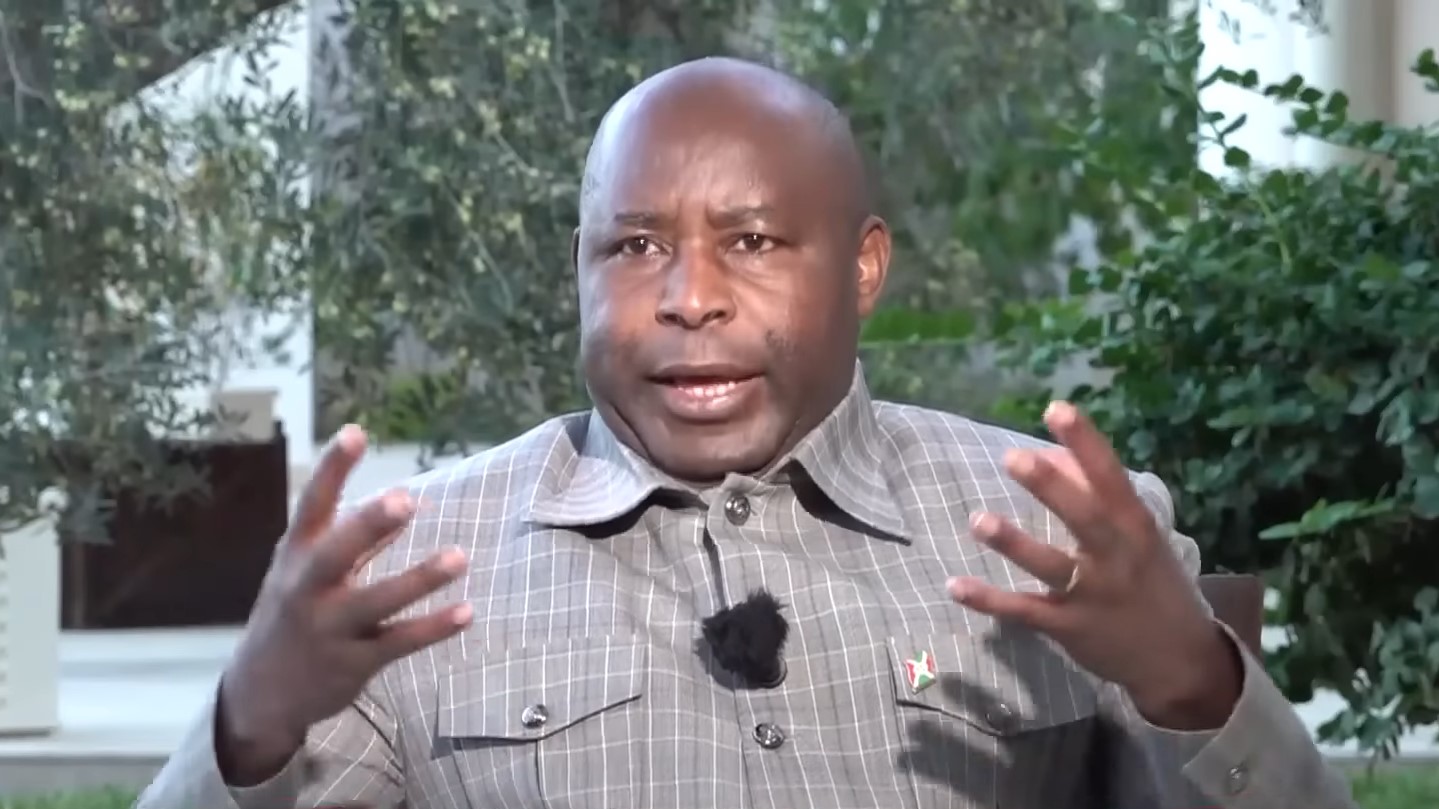
Over
the past few years, Rwanda and Burundi hit an impasse in their relations. It had
become so poor that bilateral ties were characterized by mistrust on a number
of issues. However, in latest developments, both countries expressed commitment
to normalize relations.
Both
governments acknowledge the existence of historic relations between Rwanda and
Burundi as well as the challenges faced since 2015, to date. They agree on the
need to continue regular contact in order to normalise relations. Despite their
historic ties, both countries have faced challenges over the past seven
years. It was eventually agreed that there is need to engage in order to find
lasting solutions to issues of mutual concern.
The
Rwanda-Burundi rapprochement was emphasized by Burundian President Évariste
Ndayishimiye, in a November 22 interview on France 24 and RFI. He said relations
between his country and Rwanda are improving.
The
Burundian leader confirmed that there are no real tensions, whatsoever, between Burundi and Rwanda, adding
that any remaining issues are being resolved diplomatically, and progressively.
What
caused the Burundi-Rwanda fall out in the first place? Following the 2015
post-election violence in Burundi, thousands of Burundians sought refuge in
Rwanda. Burundian authorities accused Rwanda of harboring and supporting Burundian
coup plotters, an accusation that Rwanda repeatedly denied.
Addressing
this particular issue in the interview, Ndayishimiye said that discussions on
modalities are ongoing and being worked on by technical teams from both
countries’ justice departments.
Rwanda
also accused Burundi of supporting Rwandan terror groups including CNRD/FLN.
These groups have been accused of using Burundi as their base to plan and
launch deadly attacks on the territory of Rwanda, and were known to be supported
by Gitega in their subversive activities against Rwanda.
Consequently,
the biggest losers of it all were the people. People-to-people interactions
reduced considerably; small traders and major businesses were, literally, put
to a halt. Cross-border trade was close to nil - commercial trucks from Rwanda
could not be driven past Akanyaru, Nemba or Bugarama border crossings.
Needless
to say that politically, the two countries’ relationship experienced its
toughest of times. But there is light at
the end of the tunnel. The neighboring countries’ Presidents took bold steps to
put the relations on the right path.
At
first, ministers of foreign affairs met and expressed their commitment to
normalize relations. Their talks were, certainly, flagship events followed by
some other bold steps towards their promise. Delegations of both countries held
talks on several occasions. Governors,
and later on, security chiefs, met over the same.
To
date, as President Ndayishimiye confirmed in his interview, Rwandans are back
to the beautiful beach of Tanganyika, and Burundians are free to visit their
families in Rwanda. And trade is back on track. We can attribute all these
developments, to good political will and diplomacy from both countries.
Restoration
of bilateral relations is beneficial to the citizens of both countries. It
facilitates free movement of people, and business, which are some of the
pillars of the East African Community’s integration agenda.
Good
bilateral relations certainly benefit the two countries better and contribute
to sustainable socio-economic development of the two nations.


